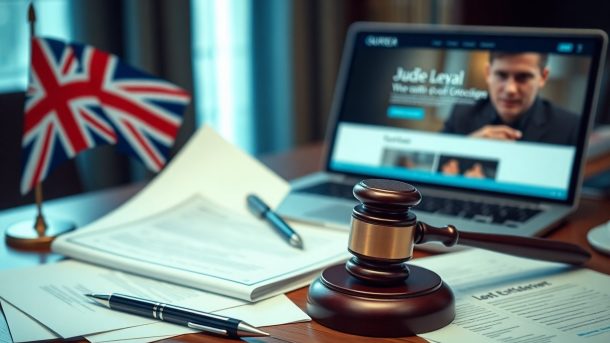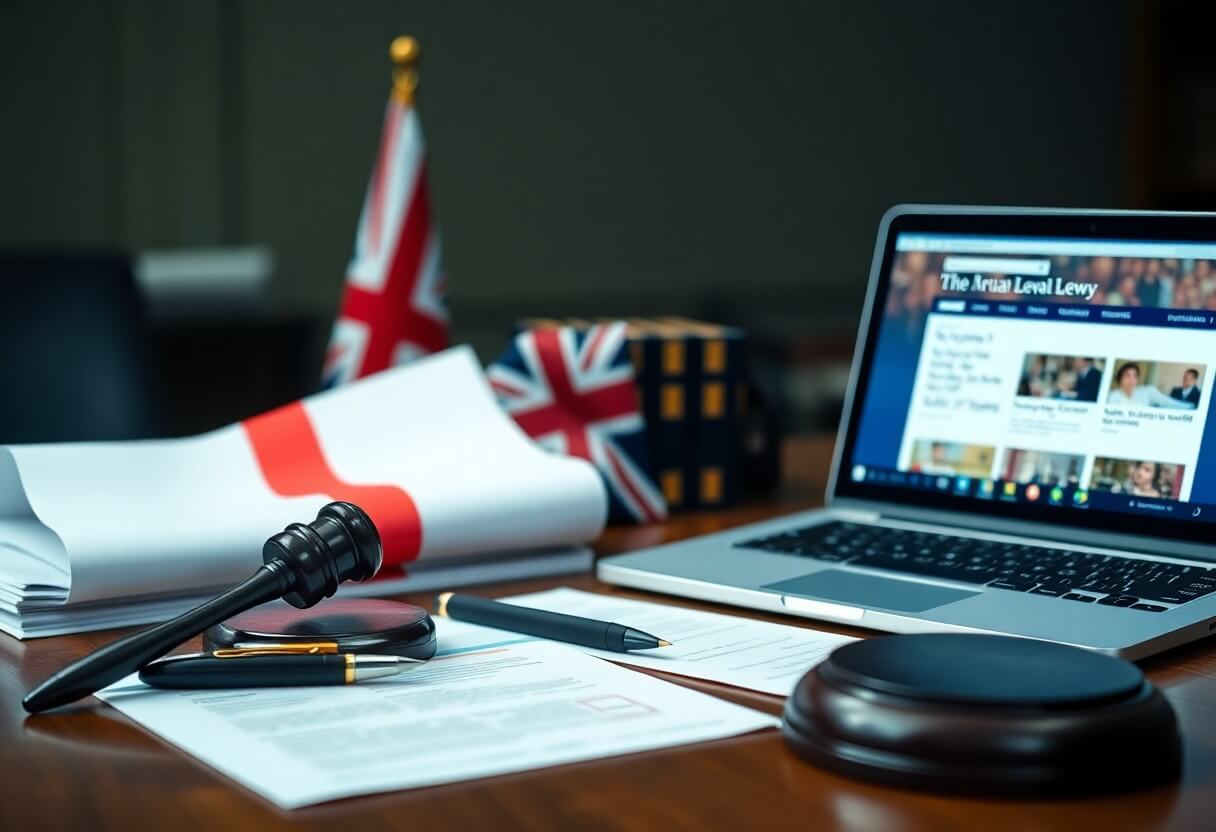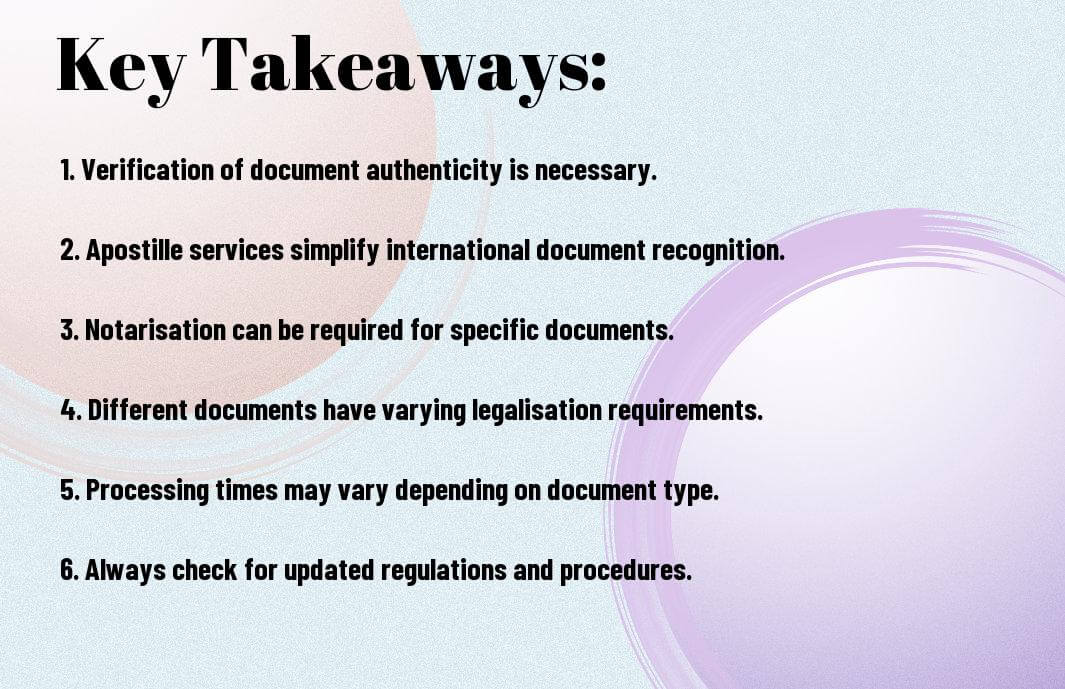Legalising your documents in the UK is an crucial step, especially when you need to use them for international purposes. Understanding the requirements and steps involved in this process can save you time and ensure your documents are accepted abroad. Whether you’re dealing with a birth certificate, marriage certificate, or any other official paper, knowing how to navigate the legalisation process will empower you to handle your paperwork efficiently. In this guide, you will learn the key stages and tips for successfully legalising your documents in the UK.
Key Takeaways:
- Verification: Ensure documents are verified by a qualified authority, such as a solicitor, who can confirm their authenticity.
- Legalisation: Understand the process of legalisation through the Foreign, Commonwealth & Development Office (FCDO), which may require additional steps for foreign use.
- Apostille: Familiarize yourself with the Apostille stamp, which is used to certify the authenticity of documents intended for use abroad.
- Fees: Be aware of applicable fees for document legalisation, as these can vary depending on the type and number of documents.
- Processing Time: Plan for the processing time needed for legalisation, as this may affect the urgency of your documentation needs.
Understanding Document Legalisation
To navigate international borders and legal frameworks, understanding document legalisation is vital. This process involves verifying the authenticity of your documents so they are accepted in countries outside the UK. It ensures that the governmental authorities in the foreign country recognize your documents, allowing you to conduct business, study, or reside abroad.
What is Document Legalisation?
Understanding document legalisation involves recognizing it as a formal process that certifies the legitimacy of documents for international use. This typically includes notarization and the Apostille process, which confirm that your documents meet the required legal standards and are duly acknowledged by the relevant authorities.
Importance of Legalisation in the UK
Besides facilitating international transactions and agreements, legalisation in the UK protects your interests while ensuring compliance with foreign legal requirements. Failure to legalise your documents can result in wasted time, financial loss, or refusal of services, making the process paramount for anyone intending to operate globally.
With the globalisation of trade, the importance of legalisation in the UK cannot be overstated. It enhances the credibility of your documents, whether for employment, education, or legal matters, ensuring they are valid and accepted overseas. Legalisation not only affirms the authenticity of your credentials but also smooths the path for you in various international pursuits, safeguarding against potential legal issues that might arise from unrecognised documents.
The Legalisation Process in the UK
You must understand that the legalisation process in the UK involves several key steps to ensure that your documents are recognised abroad. This process is necessary for documents such as certificates, diplomas, and contracts that require validation by foreign authorities. The goal is to confirm the authenticity of your documents so they can be used legally in another country.
Steps Involved in Legalising Documents
An important step in legalising your documents is obtaining an official signature from a recognised authority, typically a solicitor or notary public. Following this, you will need to submit your documents to the Foreign, Commonwealth & Development Office (FCDO) to receive an apostille, which verifies the signature and serves as proof of authenticity.
Common Documents Requiring Legalisation
Legalisation is often required for various documents, including birth certificates, marriage certificates, academic diplomas, and power of attorney forms. These documents are typically necessary for international marriages, job applications, and business transactions.
The importance of legalisation extends to ensuring that your documents meet the specific requirements of the foreign country’s legal systems. This means you may need to check whether additional regulations apply based on the nature of your documents and the destination country, thereby safeguarding your interests during international dealings.
The Role of Notaries Public
Despite the importance of legalising documents in the UK, many individuals overlook the role of Notaries Public. These certified professionals serve as impartial witnesses in the signing of documents and ensure that the paperwork meets the required legal standards. For more details on the Legalisation of documents | Student Administration, understanding their function is vital for a smooth legal process.
Definition and Responsibilities
Above all, Notaries Public are licensed legal practitioners who specialise in non-contentious matters, providing an array of services such as verifying identities, witnessing signatures, and certifying documents. Their responsibilities also extend to providing authentication for documents intended for use abroad, ensuring they comply with the relevant laws and regulations.
Choosing a Notary Public in the UK
An vital step in your document legalisation journey is selecting the right Notary Public for your needs. It’s vital to choose a qualified professional with the necessary expertise to handle your specific document requirements effectively.
With numerous Notaries Public available across the UK, you should consider their qualifications, experience, and reputation in the field. Conduct online research to find reviews or testimonials and verify their credentials through professional bodies. Additionally, it’s advisable to confirm that they offer services for the specific type of document you need to be legalised, as this ensures they have the relevant experience to meet your requirements accurately. Selecting the right Notary can significantly streamline the legalisation process for you.
Apostille Certificates
All documents intended for use in foreign countries may require an Apostille certificate. This certificate serves as a verification of the document’s authenticity and denotes that it has been notarised in the UK. Ensuring you have an Apostille can streamline the process of having your documents recognised abroad, making it necessary when dealing with international legal matters.
What is an Apostille?
For documents to be recognised internationally, an Apostille is necessary. This is a form of authentication issued under the Hague Convention, confirming that the signature, stamp, or seal on your document is genuine. With an Apostille, you can present your documents with confidence in countries that are part of this agreement.
How to Obtain an Apostille in the UK
By applying for an Apostille through the UK Foreign, Commonwealth & Development Office (FCDO), you can easily authenticate your documents. You will need to submit the original document along with a request form and the applicable fee. Processing typically takes a few days, ensuring your documents are ready for international use swiftly.
Certificates eligible for Apostille include official documents such as birth and marriage certificates, court documents, and academic qualifications. To obtain an Apostille, you should first ensure your document has been notarised if required, then fill out the request form available on the FCDO website. After that, send your documentation along with payment to the designated address. You can also explore the option of using an expedited service if you need your Apostille in a shorter timeframe.
Legalisation for International Use
Keep in mind that legalising your documents for international use involves several steps to ensure they are recognised abroad. The process typically includes obtaining an apostille or consular authentication, depending on the destination country’s requirements. Furthermore, it is necessary to verify the specific documentation needed for the purpose you intend to use the documents for, as different countries have varying rules.
Understanding Different Countries’ Requirements
Against the backdrop of diverse international laws, it’s vital to understand that each country has its own requirements for document legalisation. Before you proceed, research the specific criteria of the country where your documents will be used, which may include language translation, notarisation, and additional certifications.
Ensuring Compliance with Foreign Regulations
Any attempt to legalise your documents must account for foreign regulations to avoid rejection or complications. This means that you’ll need to thoroughly check these regulations to ensure that all your documents meet the specific conditions set forth by the destination country.
International legalisation involves navigating complex regulations, which can vary significantly between countries. You should consult with the appropriate authorities or legal experts to ensure your documents comply with specific foreign regulations. This may include adapting documents to local laws, obtaining notarisation, or even translating documents into the required language. By being thorough and diligent in this process, you enhance the chances of your documentation being accepted without issues abroad.
Common Challenges in the Legalisation Process
Not all aspects of the legalisation process go smoothly; you may face various challenges that can lead to confusion or delays. Understanding these common hurdles can help you navigate the process more effectively and ensure your documents meet the necessary legal requirements. It’s crucial to be aware of potential issues to mitigate their impact on your experience.
Delays and Errors
Below are some common reasons for delays and errors during the legalisation of documents. Incomplete documentation, incorrect fees, or miscommunications can lead to significant setbacks. If you are unprepared, you might find yourself waiting longer than anticipated or facing rejections, making it vital to double-check all submissions for accuracy and completeness.
How to Avoid Common Pitfalls
Challenges in the legalisation process can be effectively tackled with proper preparation and awareness. You can avoid pitfalls by thoroughly researching the specific requirements for your documents, ensuring you gather all necessary supporting materials, and verifying the accuracy of your information before submission.
Process adherence is your best ally when navigating the legalisation journey. Keep a checklist of all required documents and their specific legalisation steps. Make sure to stay updated on processing times and use reliable channels for submission. Being proactive in addressing potential issues will save you time, reduce stress, and ensure your documents are legalized without unnecessary complications.
To wrap up
From above, you can see that the process of legalizing documents in the UK involves a series of steps that ensure your documents are officially recognized. By understanding the requirements and procedures, you can streamline your experience and avoid potential pitfalls. For a comprehensive guide, you can refer to Legalization and Authentication of Documents in the UK. This knowledge empowers you to navigate the legal landscape with confidence.
Q: What is the first step in the process of legalising documents in the UK?
A: The initial step in the process of legalising documents is to ensure that your documents are properly certified. This means they must be issued by the relevant authority, such as a solicitor, notary public, or government department. Once the documents are certified, you can proceed to have them legalised by the Foreign, Commonwealth & Development Office (FCDO) or the appropriate embassy or consulate if the documents are intended for use abroad.
Q: What types of documents typically require legalisation in the UK?
A: Various types of documents may require legalisation depending on their intended use. Common examples include educational certificates, marriage certificates, powers of attorney, company documents, and personal identification papers. Certain countries may have specific requirements, so it’s important to check the legalisation needs for the country where the documents will be presented.
Q: How long does the legalisation process take in the UK?
A: The duration of the legalisation process can vary based on several factors, including the type of document and the current workload of the legalisation office. Generally, the process can take anywhere from a few days to a few weeks. It is advisable to plan ahead and submit your documents as early as possible to avoid delays, especially if you have a deadline for use in another country.





